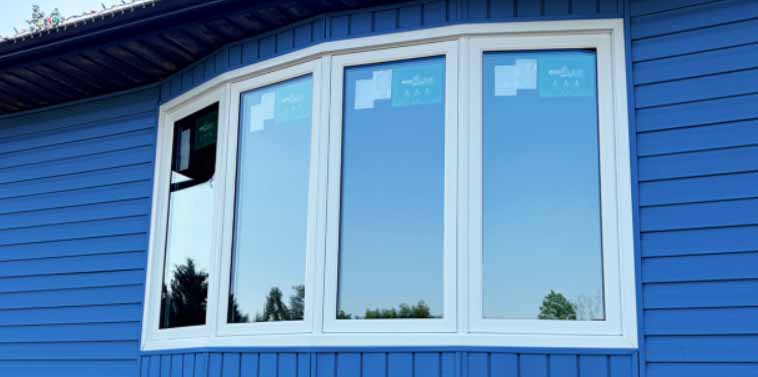Investing in Energy Efficiency: Why Smart Homes Mean Smart Returns
In recent years, the concept of investing has expanded far beyond the traditional assets of stocks, bonds, and real estate. Today’s savvy investors are looking toward a new frontier — sustainability and energy efficiency. As global energy costs continue to rise and climate-conscious policies become more widespread, investing in energy-efficient technologies has proven to be not only environmentally responsible but also financially rewarding.

Homeowners, in particular, are realizing that their houses can serve as both a living space and a long-term investment vehicle. Improvements that reduce energy consumption can significantly increase property value, lower utility expenses, and attract buyers who prioritize sustainability. Among these improvements, high efficiency windows have become one of the most underrated yet impactful upgrades that deliver measurable returns over time.
Energy Efficiency as a Modern Investment
Energy efficiency is no longer a “nice-to-have” feature — it’s a fundamental part of future-proofing a property. Governments around the world are offering tax credits, rebates, and low-interest loans for homeowners who implement green technologies. This has transformed energy-efficient renovations into a legitimate form of financial investment rather than a mere home improvement expense.
Consider it this way: every dollar saved on electricity and heating is a guaranteed return that doesn’t depend on market fluctuations. Unlike stocks that can drop in value overnight, energy-efficient home upgrades deliver stable, predictable savings for decades. This reliability has attracted the attention of investors who value long-term security and low-risk returns.
The Power of Smart Renovations
When we talk about smart investments, we often think about digital portfolios or automated trading. However, “smart” also applies to the way we upgrade our living environments. Installing solar panels, using smart thermostats, or upgrading insulation materials are examples of how modern homeowners are integrating innovation into their properties.
Windows, in particular, play a pivotal role in a home’s energy performance. They account for up to 30% of a building’s heating and cooling energy loss. Replacing outdated or low-quality windows with modern, energy-efficient models can reduce annual energy bills by hundreds of dollars while enhancing indoor comfort. In addition, these windows often come with advanced glazing technology, noise reduction features, and UV protection — all of which contribute to a more pleasant living experience and higher resale value.
From Cost Saving to Value Creation
The idea of investing in efficiency isn’t just about cutting costs — it’s about creating value. Properties that meet or exceed modern energy standards consistently outperform similar homes in terms of resale price and marketability. According to several housing market studies, energy-efficient homes can sell up to 10% faster and for 5–8% more than comparable properties without upgrades.
Moreover, investors and landlords are beginning to recognize that tenants are increasingly conscious of energy costs and sustainability. Rental properties with efficient systems and green certifications are commanding higher rents and experiencing lower vacancy rates. This trend indicates a clear shift in consumer preference — and a corresponding opportunity for investors who act early.
Long-Term Stability in an Uncertain Market
In a world where financial markets can be unpredictable, energy efficiency offers a rare form of stability. The initial investment in upgrades like high-efficiency windows or insulation pays for itself over time through consistent savings, improved comfort, and enhanced property appeal. As inflation drives up utility costs, these savings compound — effectively protecting homeowners from future energy price volatility.
Additionally, eco-conscious policies and building codes are becoming more stringent. By upgrading now, investors can stay ahead of regulations and avoid costly retrofits in the future. What’s more, energy-efficient homes align with ESG (Environmental, Social, and Governance) investment principles, which are increasingly important for institutional investors and high-net-worth individuals alike.
The Bottom Line
Investing in energy efficiency isn’t just an environmental decision — it’s a strategic financial move. Whether you’re a homeowner looking to increase property value or an investor seeking stable, long-term returns, energy-efficient upgrades provide tangible benefits that extend beyond mere comfort.
Incorporating technologies like high-performance insulation, renewable energy systems, and high efficiency windows can significantly reduce ongoing expenses while contributing to a sustainable future. As the global economy continues to evolve toward greener standards, those who recognize and act on this trend today are positioning themselves for a smarter, more profitable tomorrow.

